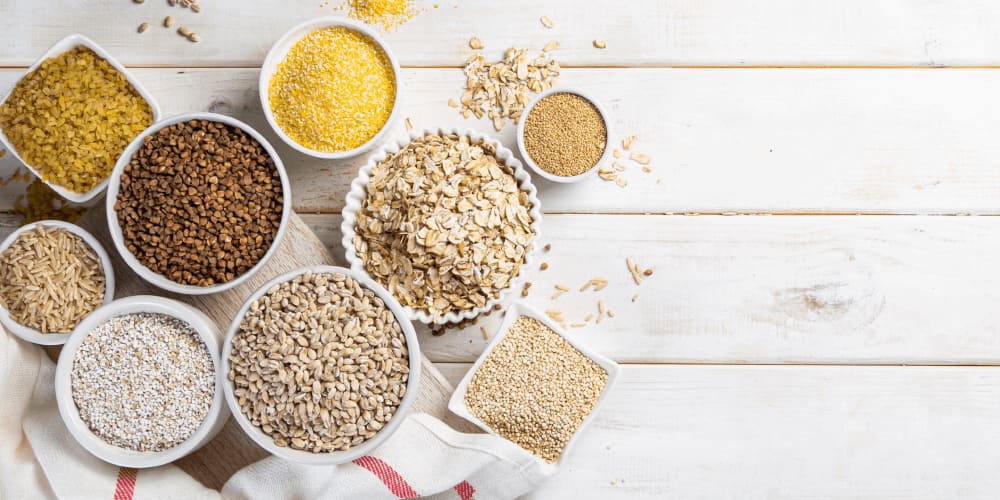
Understanding Calories
Calories and kilojoules are both units of energy in food
People often start the New Year with the best of intentions – eating right, regular exercise, cutting back on the booze. Often people will hop on the bandwagon of some extreme or ‘fad’ diet to kick start these New Year goals. The problem is that many of these fad diets aren’t nutritionally balanced and they are often too unrealistic and restrictive, so most people don’t stick to them.
When trying to set yourself up with long-term healthy habits, it’s important to approach it holistically – have a balanced diet, train regularly and try to adopt a good mindset where you are kind to yourself. This will have a far greater effect on your mind and body than adapting to strict and restrictive diets.
Here are some useful tips to help you achieve a balanced diet that is part of your overall holistic health:
Setting Goals
It’s important to set goals that are realistic and achievable. Yes, you may want to lose a little bit of weight, but what are the long-term goals of your new eating patterns? Is it to achieve balance and overall health and wellness? Try not to view a ‘diet’ as for a specific moment in time or for one purpose (i.e., a weight loss diet). Rather, try seeing your ‘healthy diet’ as a long-term pattern of lifestyle and eating choices.
Balance & Variety
Having a healthy diet is all about choosing different nutritious foods throughout the day. Variety and balance with your meals will help meet nutrient requirements and will still allow you to enjoy an occasional treat.
Having the right serving size is important as this will help from over-eating as well as ensuring that you’re getting the right amount. This helps to provide the body with energy from carbohydrates, protein, and fats as well as essential vitamins, minerals, and fibre.
Try and remember the five core food groups to be consumed each day:
Essential healthy fats from nuts, seeds and vegetable oils are also very important as this supports cardiovascular health, cholesterol regulation and helps to improve brain function.
Finally, drink plenty of water. Water keeps us hydrated, it helps to clean toxins from the body, and it can help us feel fuller after meals and snacks.
Don’t Skip Breakfast
Eating breakfast helps to kick start the body’s metabolism after a night of resting and fasting. It’s preferable not to skip breakfast because you can be left with less energy throughout the day which can lead to uncontrollable food cravings. Having a Kellogg’s breakfast helps you to meet daily nutrient requirements of vitamins and minerals and can also help improve your metabolism that will help you maintain a healthy weight. It’s also delicious, so why would you skip it!?
A complete breakfast should include a serve of whole grain or high fibre grain food (e.g., All-Bran® Flakes), a serve of dairy (yogurt or milk) and a serve of fruit.
Keep A Food Diary
Keeping a food diary can be handy in keeping you accountable as you get used to new patterns of eating and it can also help you to track your great progress! It doesn’t need to be anything too complicated, just a simple table where you can note down: breakfast, lunch, dinner, snacks, water intake and any exercise you do. You’ll be surprised how useful it can be in helping you be consistent as you work towards your goals.
Keeping you up-to-date on all things health and nutrition

Keep your digestive system healthy by including cereal fibre in your diet
Mars Completes Acquisition of Kellanova. Read More